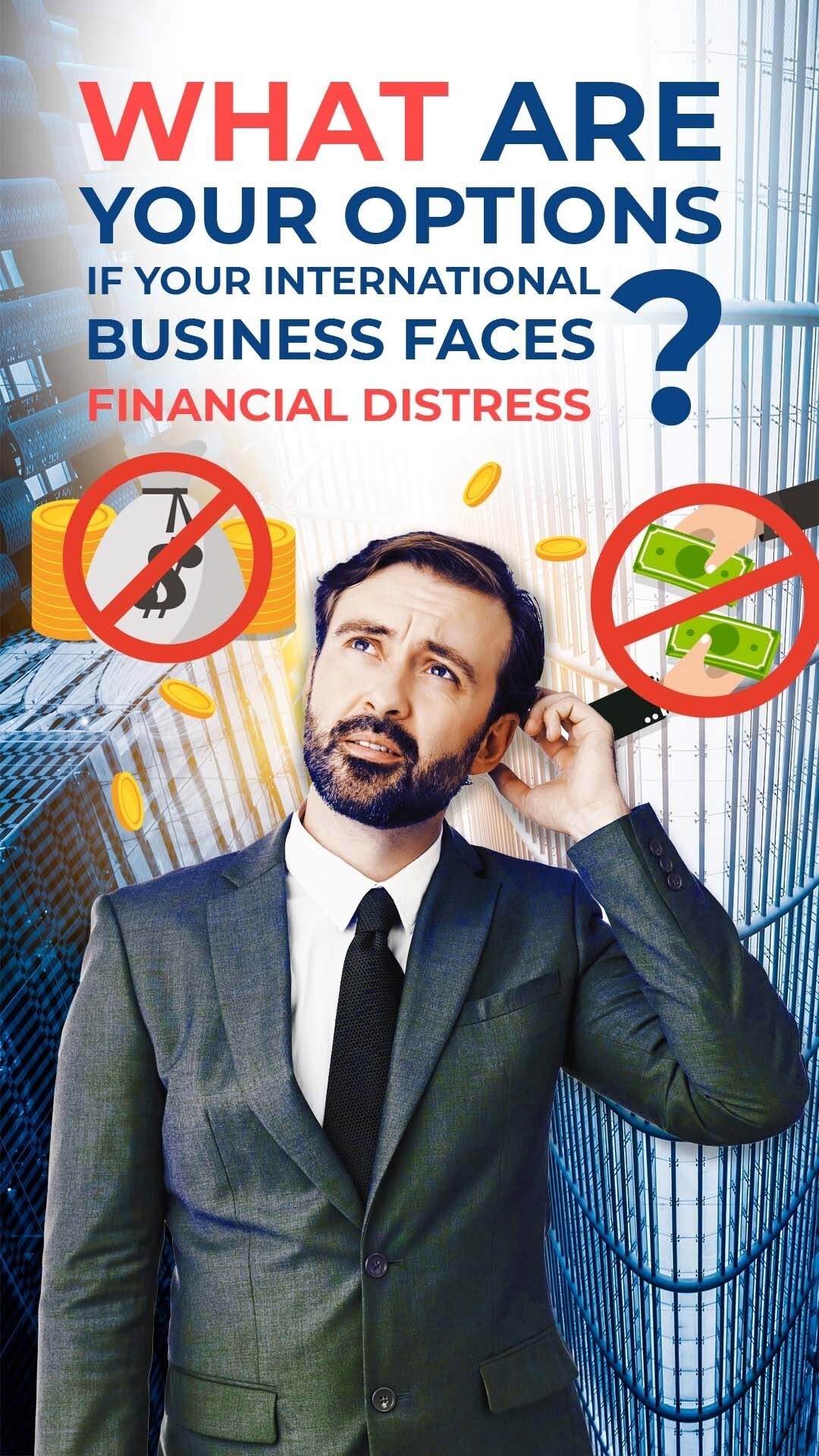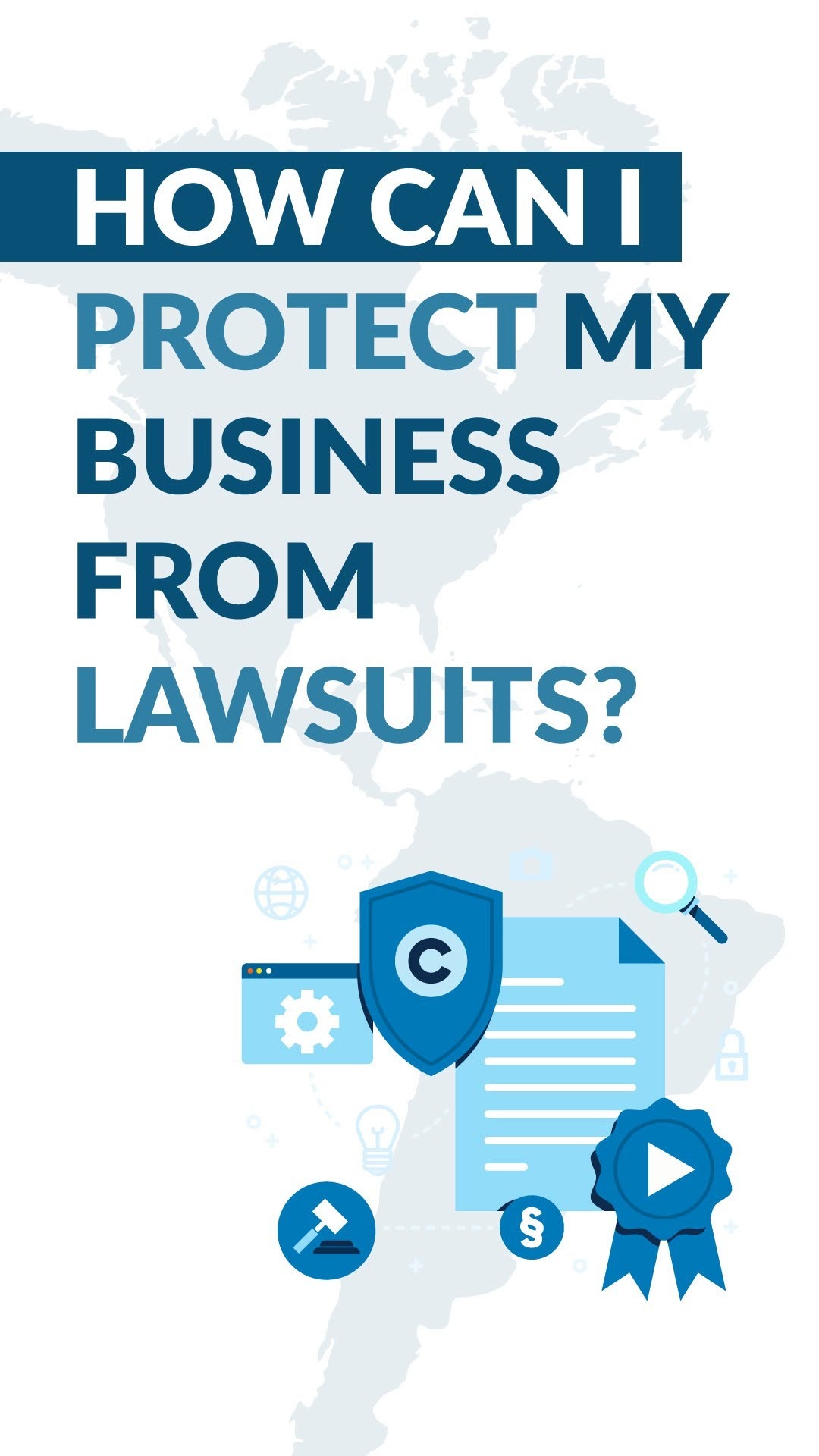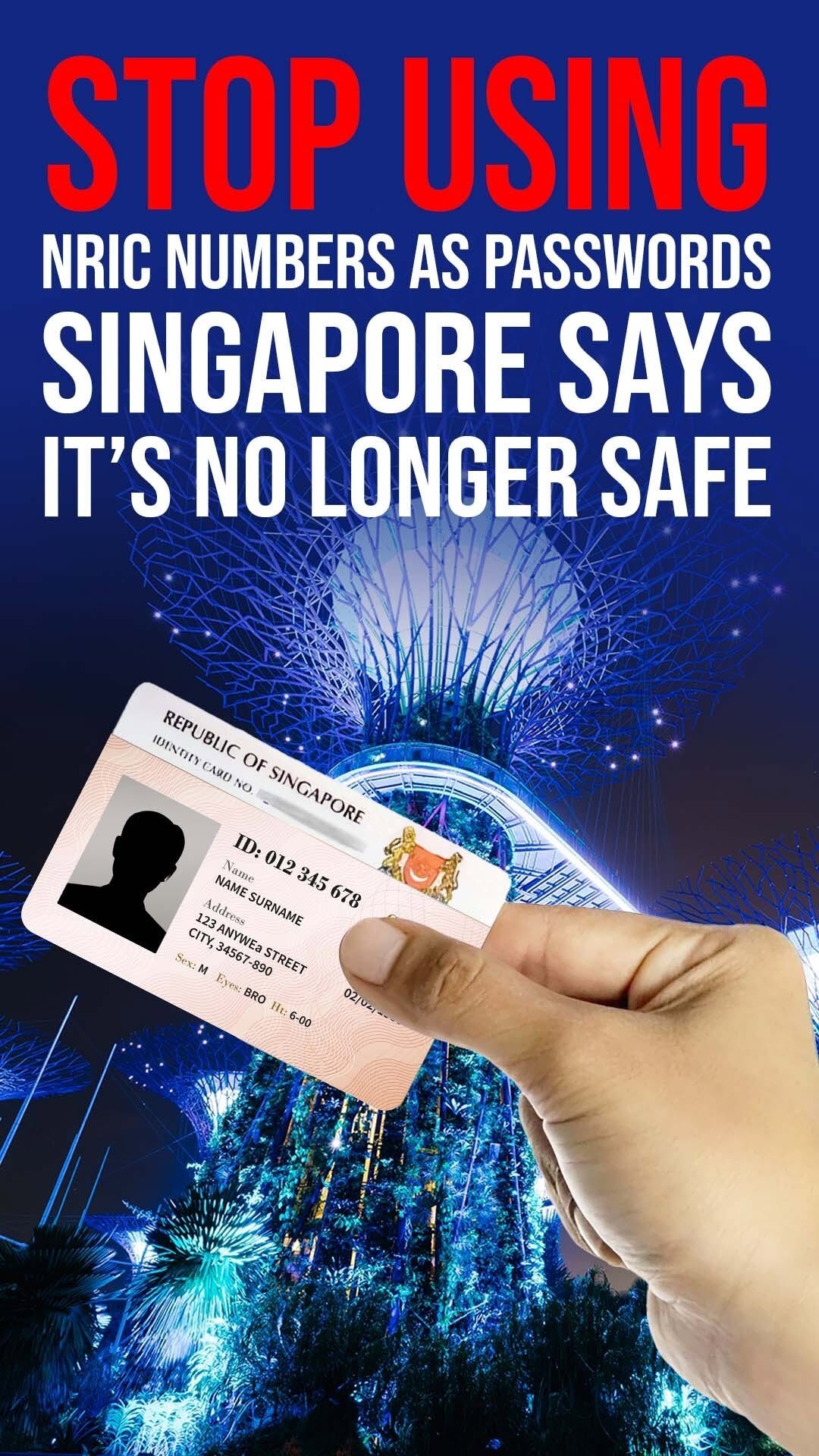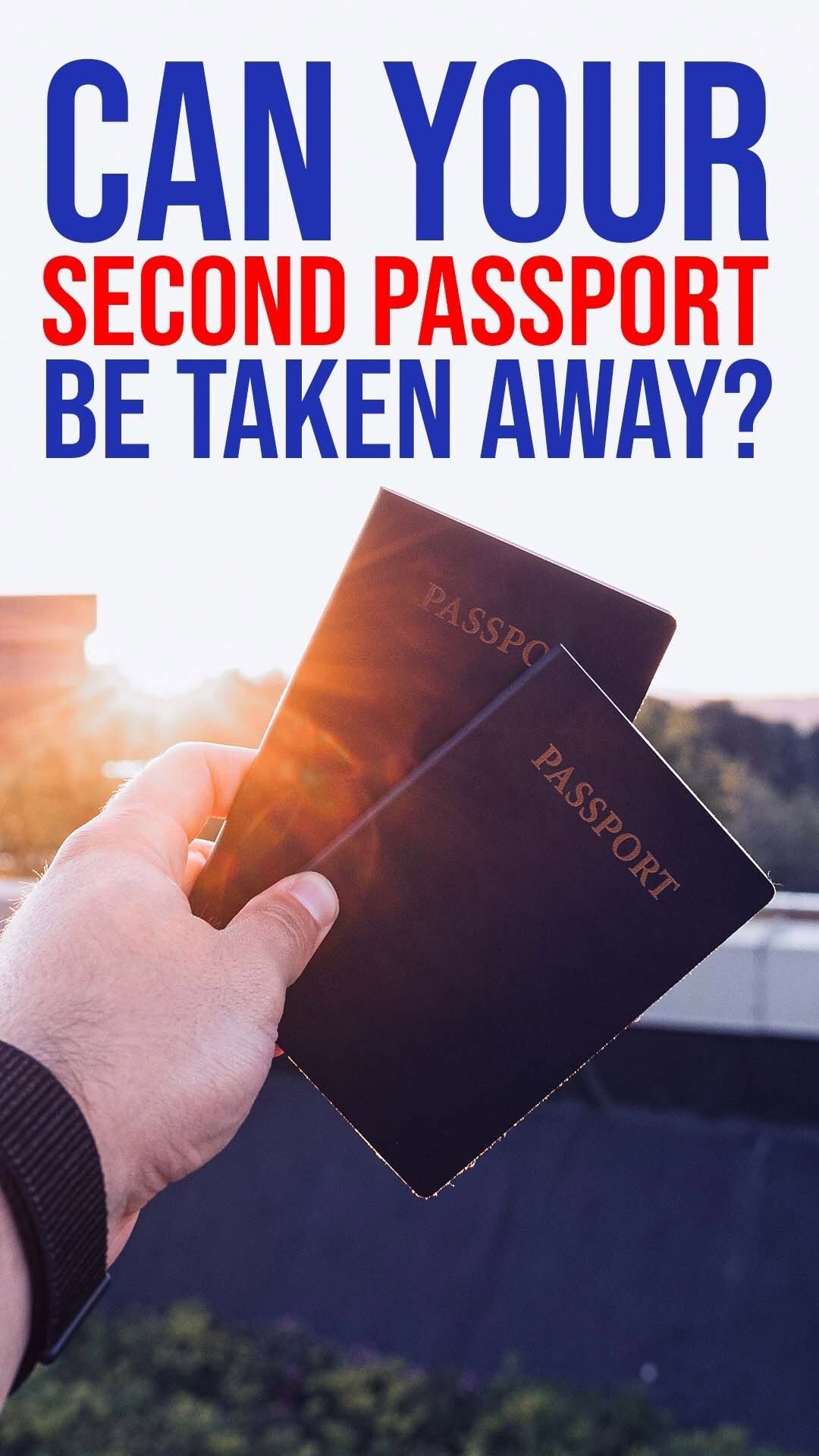

Since 2010, the Global Law Experts annual awards have been celebrating excellence, innovation and performance across the legal communities from around the world.
posted 2 months ago
Can a Child Report Abusive Parents to the Police? Parents are the foremost guardians in a child’s life, nourishing and protecting them during the most vulnerable stages. Parents are expected to be loving, kind, and understanding of their children’s needs. However, in rare cases, parents become the very individuals from whom the children need protection. In such circumstances, children may wonder whether they have the right to approach law enforcement directly. While this is a sensitive issue, the law recognizes that children should not remain in harmful environments. Reporting abuse to the police or other child protection services is often the first step in ensuring safety, initiating investigations, and connecting the child with the support and care they need.
The UAE government stresses the importance of the protection and upliftment of children. The country has a dedicated law for the welfare of children and their protection under Federal Law No. 3 of 2016 on Child Rights Law. The law is commonly known as Wadeema’s law. Best law firms in UAE play a crucial role in advocating for children’s rights and ensuring strict enforcement of Wadeema’s Law.
The law guarantees children the right to life and safety and states that the government will ensure children’s growth, development and protection. This includes ensuring that children have a respectable name, birth certificate, appropriate nationality, and legitimacy. Article 14 prohibits child employment below the age of 15 and ensures that children are able to express themselves freely.
Family rights provide children the right to be introduced to his natural family, and receive their care. A child will have the right to custody, feeding, education, financial protection and protecting himself, including his body, religion and property.
The law provides every child the right to health services in accordance with the laws and regulations of health care in the country. The law also states that the government will develop substantial health services and provide guides to better child health and nutrition. In pursuance of the same, Article 21 prohibits the selling of tobacco to individuals below the age of 18. It also prohibits smoking in the presence of children, or selling intoxicants to children.
Under the social rights provided to children, the state provides mechanism such as foster care or other social care institutions to ensure that children obtain a standard of living appropriate for the physical, mental, psychological and social growth of the child in accordance with the laws in force.
The law provides for the establishment of guidelines and institutions that regulate cultural, artistic and scientific knowledge for children. The law also highly regulates inappropriate content and access to media that may be detrimental to a child’s development.
The law provides children the right to education, and equal opportunity. It also provides for the government to establish mechanisms to prevent children’s school dropout, prohibit violence in school, and promote the participation of parents in the decisions relevant to children.
One of the most important provisions under Wadeema’s law is the right to protection. This guarantees that a custodian must not abandon a child, physically, mentally or financially. It is the duty of a custodian to ensure that the child is enrolled in school. It is prohibited to make a child engage in beggary, or other illegal occupations, or engage them in any work that hinders their education, or endangers their health.
Article 36 of the law safeguards a child from torture, physical assault or any action that compromises the child’s emotional, psychological, mental or moral safety.
The government has set up a series of helplines to help children report instances of domestic abuse. Complaints can be made to the Ministry of Interiors (MOI), the Dubai Police, Community Development Authority and many more. Apart from toll free helplines, one may seek assistance through certain government websites, and government Applications.
You can report child abuse through the following channels
1. MoI through the hotline number 116111 or through the MoI’s Child Protection Centre’s website and the ‘Hemayati’ app.
2. Community Development Authority – CDA on hotline: 800988
3. EWAA Shelter for Women and Children on hotline: 8007283
4. Dubai Foundation for Women and Children on 800111
5. Child protection centre in Sharjah on toll-free helpline number 800 700
6. Hemaya Foundation for Children and Women – Ajman on hotline: 800 or 800446292
7. Aman Centre for Women and Children through RAK Police – 07-2356666
Wadeema’s Law provides for the presence of child protection officers in institutions that work with child welfare, to assist and investigate matters related to child abuse, and raise awareness in the matter.
Article 43 of the law states that anyone who has attained the age of 18 and becomes aware of a case of child abuse, must provide help to the child facing abuse, including reporting to competent authorities regarding the abuse. In serious family disputes involving abuse or neglect, divorce lawyers Dubai often work closely with child protection specialists to safeguard the interests of the child.
However, if this act is committed by the child’s parent(s) or custodian, they may instead be subject to one or more of the following measures:
1. Performing community service.
2. Placement in a therapeutic shelter.
3. Subjecting them to one or more rehabilitation and guidance programs.
4. Suspension of custody of the child.
In the UAE, a child is well protected and provided with a number of resources that enable the child to seek help from abusive parents. However, acknowledging that children may be unaware of these channels, or ill-equipped to seek assistance, the law places the onus on responsible adults and trained individuals to look for signs of abuse and report such cases to the competent authority. The strict implementation of Wadeema’s Law highlights the commitment of lawyers UAE to uphold child welfare and report abuse when necessary.
Author


No results available
posted 4 hours ago
posted 5 hours ago
posted 5 hours ago
posted 5 hours ago
posted 5 hours ago
posted 6 hours ago
posted 8 hours ago
posted 21 hours ago
posted 2 days ago
No results available
Find the right Legal Expert for your business
Global Law Experts is dedicated to providing exceptional legal services to clients around the world. With a vast network of highly skilled and experienced lawyers, we are committed to delivering innovative and tailored solutions to meet the diverse needs of our clients in various jurisdictions.

When your international business faces financial distress, quick action is key! 🔑 Negotiating with creditors, restructuring debt, and understanding insolvency laws can help regain stability. Global Law Experts is here to guide you through your options.
🌍Explore the details on our website.
🔗Link in bio
#GlobalLawExperts #CommercialLaw #BusinessLaw #LegalAdvice #BusinessGrowth #LegalTips #BusinessStrategy #LegalCompliance #Law #LegalKnowledge #LegalAwareness #Law101 #LegalEducation #IntellectualProperty

Running a business is hard enough — lawsuits shouldn’t make it harder. 🚫 Protect your business with the right legal strategies and expert tools from Global Law Experts. Let’s secure your future together! 💼
🌍Explore the details on our website.
➡️www.globallawexperts.com
#GlobalLawExperts #CommercialLaw #BusinessLaw #LegalAdvice #BusinessGrowth #LegalTips #BusinessStrategy #LegalCompliance #Law #LegalKnowledge #LegalAwareness #Law101 #LegalEducation #IntellectualProperty #Infringed #Ecommerce #LegalBranding

Using NRIC numbers as passwords or identity proof? That era is done. Strengthen your security with multi-factor authentication and biometrics—because your clients' trust depends on it.
#SingaporeLaw #DataPrivacy #CyberSecurity #PDPA #NRIC #MFA #StrongAuthentication #LegalCompliance #ClientTrust

Swiss law protects secured lenders—with precision. From real estate to IP and bank accounts, every asset counts—just as long as it’s defined, documented, and delivered.
#SwissLaw #SecurityInterest #Collateral #InternationalLending #SwissFinance #LegalCompliance #GlobalBusiness #AssetSecurity

Gold trading in Saudi Arabia isn’t just a business—it’s a lab test, a permit, and a legal tightrope. Want to succeed? Start with compliance, hallmarking, and permits—or risk losing it all.
#GoldTrading #SaudiLaw #PreciousMetals #BusinessSetup #LegalCompliance #GlobalBusiness #SaudiArabia #TradeRigour

Second citizenship isn’t permanent—especially if you break the rules. Know the risks and how to safeguard your status: be transparent, stay lawful, and honour all citizenship requirements.
#SecondCitizenship #CitizenshipRisks #DualNationality #Compliance #GlobalMobility #LegalAdvice #ImmigrationLaw

Send welcome message